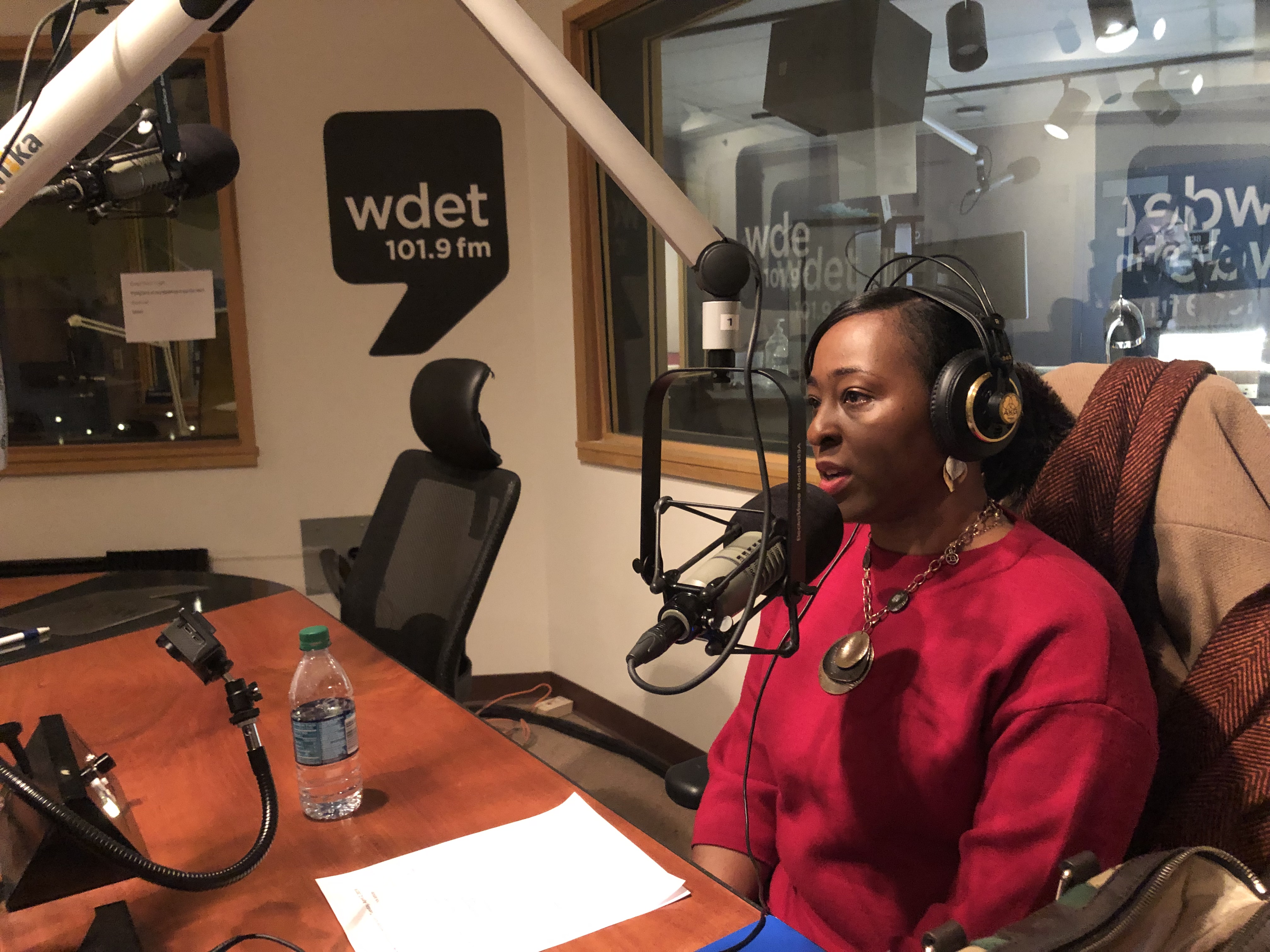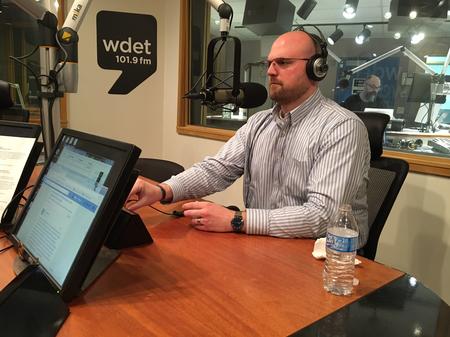The Inequality of Air Pollution: Who Creates It and Who Breathes It In?
The National Academy of Science finds poor, communities of color breathe in more air pollution than wealthy, white communities.


Last week’s news that the Detroit incinerator would close was cheered by environmental activists who had worked for years to see that happen. And there’s no doubt, the air we breathe here in the city will be better.
Just a few weeks before that news broke, an interesting study was published in the Proceedings of the National Academy of Sciences about the inherent inequality of air quality in the United States.
According to the findings, white Americans contribute more to air pollution than Hispanic or black populations, but they’re less likely to be breathing that air pollution.

Researchers looked at what goods and services were creating air pollution, who was consuming/benefiting from the things creating air pollution, and what the demographics are for the areas with the most air pollution.
Now, think about how that plays out in Detroit: The incinerator took a lot of its garbage in from mostly white, suburban communities, but those who live near the incinerator and are most affected by its pollution, are people of color and the poor.
On Detroit Today, Stephen Henderson speaks with two people who study these issues locally.
Kimberly Hill-Knott is an environmental policy activist as well as the president and CEO of Future Insight Consulting.
Nick Schroeck is an environmental law expert and an associate professor at University of Detroit Mercy Law School as well as the school’s director of clinical programs.
Click on the audio player above to listen to this conversation.

